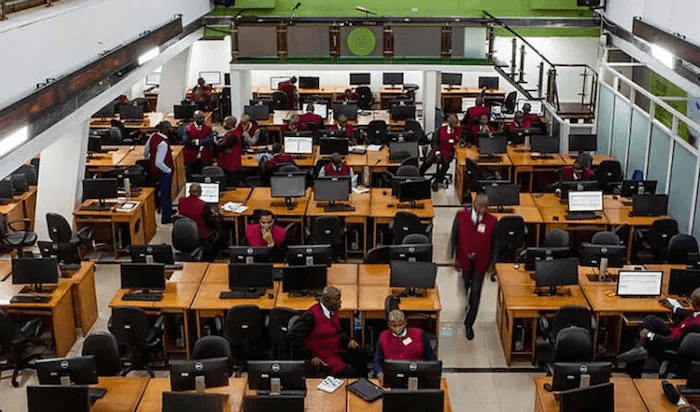Folalumi Alaran in Abuja
The Minister of Solid Minerals Development and Chairman of the African Minerals Strategy Group (AMSG), Dr. Dele Alake, has called for a new vision to transform Africa from a raw mineral supplier into a global centre for mineral processing, innovation, and green industrialization.
Alake said Africa’s minerals have long powered industrialization in other regions while the continent’s economies remain under-industrialized, stressing the need to end the paradox through transformative industrial development.
Delivering the keynote address at the African Mining Week in Cape Town, South Africa themed, “Vision & Strategy – Setting the stage for Minerals Industrialization, Dr. Alake underscored the continent’s strategic role in powering the 21st-century economy through its vast mineral wealth.
He noted that Africa is home to some of the richest mineral deposits in the world, stressing that these resources are critical to clean energy, digital technologies, advanced manufacturing, and global security.
“Our youth should no longer seek jobs abroad while opportunities lie buried beneath their feet. The time to industrialize is now. Let us set the stage for an Africa that is not just a participant in the global minerals’ economy, but a driver of its future, the minister asserted.
Throwing light on ongoing reforms in Nigeria’s mining sector, the minister, represented by Permanent Secretary, Farouk Yabo, stated the nation is incentivising local beneficiation from gold refining to Lithium processing; Revoking dormant licenses to promote serious investment; Strengthening governance and transparency to attract credible global partners, and building a national critical minerals strategy.
In a related development, the minister addressed the ministerial roundtable of the African Minerals Strategy Group (AMSG) on the sidelines of the mining week, highlighting Nigeria’s efforts to create a $1 trillion economy by 2030.
His words, ” We are investing in digitizing mining processes from data accessibility to mineral traceability. We are also focusing on bequeathing strong institutions and the right policies to drive reforms, hence the ongoing efforts to amend the 2007 Minerals and Mining Act to provide a more robust legislative framework that will propel investments in the mining sector”.
He emphasised Nigeria’s commitment to ensure traceability from mining to monetization, affirming that the nation’s minerals are set to come from two sources: licensed holders or a seller and supplier buying from Artisanal and Small-scale Miners (ASM) who are registered and formalized.
Echoing the sentiments expressed by the Democratic Republic of Congo (DRC), Alake stressed that African countries must prioritize mapping their mineral resources to better understand the location and scale of deposits.
“After national mapping, it is the duty of countries to ensure only licensed operators are mining. We must also build adequate capacity for effective supervision,” he said.
Nigeria was also ably represented at the country spotlight session where the Permanent Secretary gave a presentation on Investment opportunities in the solid minerals sector, highlighting key reforms, incentives for investments, and a synopsis of the nation’s mineral endowments.
The African Mining Week was attended by Mining & Minerals Ministers from DRC, Zimbabwe, and Sierra Leone. Nigeria, Gambia, and Ghana sent representatives whilst major private sector players on the continent also graced the conference.


